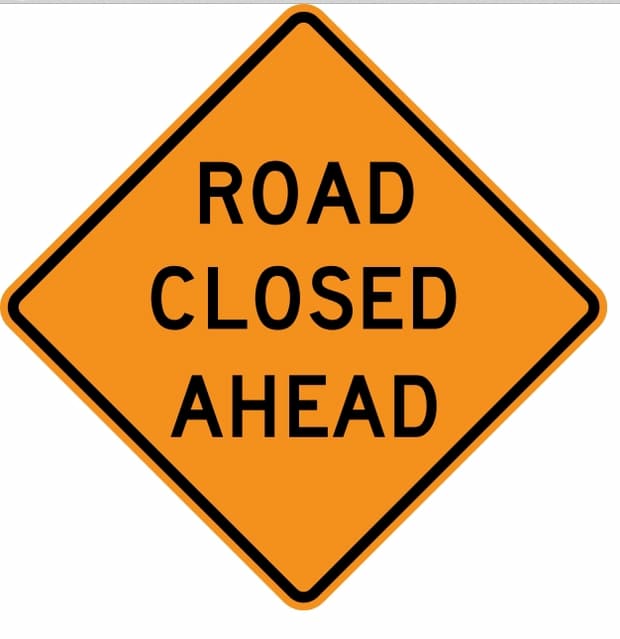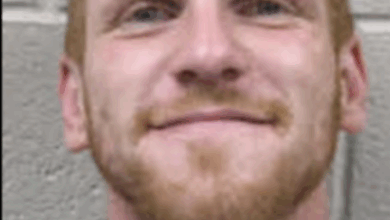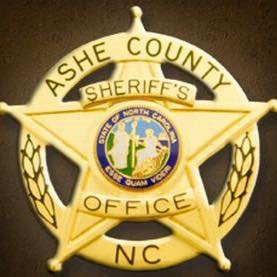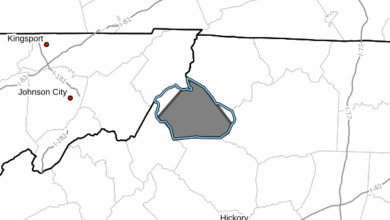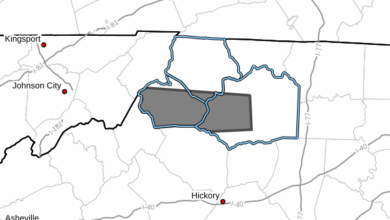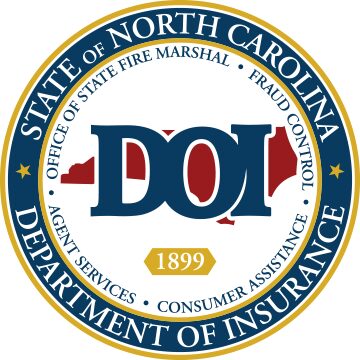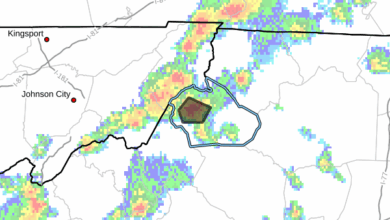Last Updated on February 22, 2018 3:33 pm
In the wake of the tragic shooting that took place last week in Parkland, Fla., issues of school safety and security have risen to a prominent position in the national conversation.
Watauga County Schools issued a statement to inform parents, students and community members what steps the system takes to deal with threats to school security, and what work the district intends to do going forward.
“We understand the huge outpouring of concern from students and parents across the nation about safety and security in schools,” said Dr. Scott Elliott, Superintendent of Watauga County Schools. “The safety and security of our students and staff is our first priority. We think about it continually and we are constantly striving to assess and improve our existing plans and policies.
“I wish I could say that schools are 100 percent safe or that our procedures will prevent every kind of violence,” Elliott said. “That’s not possible in schools, churches, grocery stores, or anywhere else. But, I can tell you I believe schools are safer now than they were 20 years ago. The possible threats and things that a school has to respond to or deal with, however, are more serious than ever before.”
What plans/procedures are in place?
Elliott said Watauga County Schools’ security measures started from the bottom up, with specific plans in place at each of the system’s nine schools.
“Every school maintains a detailed security plan that outlines things like restricting access to the school, what students and staff should do in an emergency, and how we communicate and coordinate crisis management with law enforcement and emergency services. The plans also cover the ways that we attempt to prevent violence in schools,” Elliott said.
Each of Watauga’s nine schools conducts safety and security training with staff members at the start of each school year, as well as during orientations for new staff. As a part of that ongoing training, each school in the district also practices lock down drills at least twice a year.
Administrators and office staff receive more specific training and directions on how to handle communication issues and controlling access to entry doors. Every school in Watauga County is outfitted with a camera system that provides school staff with multiple views of the building’s entryways. School doors are locked at all times, and staff and administrators are able to both see and speak with anyone wishing to enter a school before unlocking the door.
“Most of our schools were built at a time when open access was not a concern,” Elliott stated. “These pre-Columbine architecture schools have design challenges that need to be corrected.” Elliott listed examples such as large numbers of exterior doors, poor HVAC ventilation, and open access to the interior of the school between the locked front entryway and the main office.
Appalachian State Elementary Education major Callie Kuykendall, serving an internship at Parkway School, signs in at the school’s Ident-a-Kid kiosk. The system photographs each visitor to Parkway and checks their name and image against a database of offenders and banned visitors.
Partnership with mental health care providers
WCS staff also receives ongoing training from school social workers, counselors and psychologists on identifying and understanding signs of aggression and mental health issues that might cause a student to become violent.
Elliott said Watauga County Schools has a close working relationship with several local mental health providers. Mental health services are delivered to both students in schools and to families outside the school day. The school system also partners with App State to provide a full time counseling and assessment center inside Watauga High School where students can be referred for immediate assessment and support as needed.
Elliott said when administrators and mental health professionals believe it is not safe for a student to attend school, a plan is created to provide the student’s education away from school until the student is able to return. Students are often also referred to services and programs outside of the county when the needs arise.
“I think one strength of our school system and our safety plan as a whole are our student support services. Our counselors and social workers are very engaged with families and help identify students who need more support,” Elliott said.
Along with school staff and mental health care professionals, Elliott said parents, students and community members have a role to play in ensuring school safety.
“The most important thing any parent, teacher or student can do when they have a concern is to contact their school administrator,” Elliott said. “Sometimes something that might seem like a small concern to one person might turn out to be the missing piece to a much larger picture of another concern. There are many different resources schools can provide to help support parents who are concerned about their children. In some cases, calling law enforcement when serious concerns arise is also appropriate.”
How does WCS communicate to parents, faculty/staff in the event of a threat?
If school staff believe there is a verified threat to a school, WCS uses every tool at its disposal to communicate with parents through emails, texts and social media at the appropriate time. WCS only communicates what it can verify. That process can sometimes be complicated by information on social media that is not accurate and can even complicate the work of law enforcement and school officials.
“We also know there is some information that just cannot be shared publicly, but we hope people will trust that when we have school and tell people it is safe to be at school that they will believe us,” Elliott said.
Training/partnership with local law enforcement
Watauga County Schools is planning a large training event this summer for all school administrators and local emergency management and law enforcement agencies. The training will be funded through a grant written by Watauga County Fire Marshall Taylor Marsh from North Carolina Emergency Management.
School and emergency personnel will review and update each school’s emergency plan, as well as learn about research based practices for prevention and management of school crisis events.
Elliott said this kind of training builds on an already strong relationship between the schools and local agencies.
“We have regular and detailed communication with local law enforcement about school safety issues. We train together and we communicate very well. I have never asked for anything from our local law enforcement agencies when they have not responded immediately.”
There are currently two law enforcement officers that work full-time within Watauga County Schools, a WCS-funded Boone Police School Resource Officer at Watauga High School, and a Watauga County Sheriff’s Office Deputy who splits time between the county’s eight K-8 schools.
Elliott believes SROs are a tremendous resource within the school system, and that he’d like to add to their ranks. “Dedicated SROs in our schools deter violence, but they also provide students and families a resource for solving problems and getting access to services and assistance they might need,” Elliott said.
Elliott stated that each school has a team in place to review and implement school safety plans. Parents, staff members and students are invited to join these teams and contribute their ideas for preventing and responding to safety concerns.
“I know our parents are concerned, and as a parent I worry about many of the same things. We all have to work together as a community to do the best we can to keep our children and our schools safe.”







